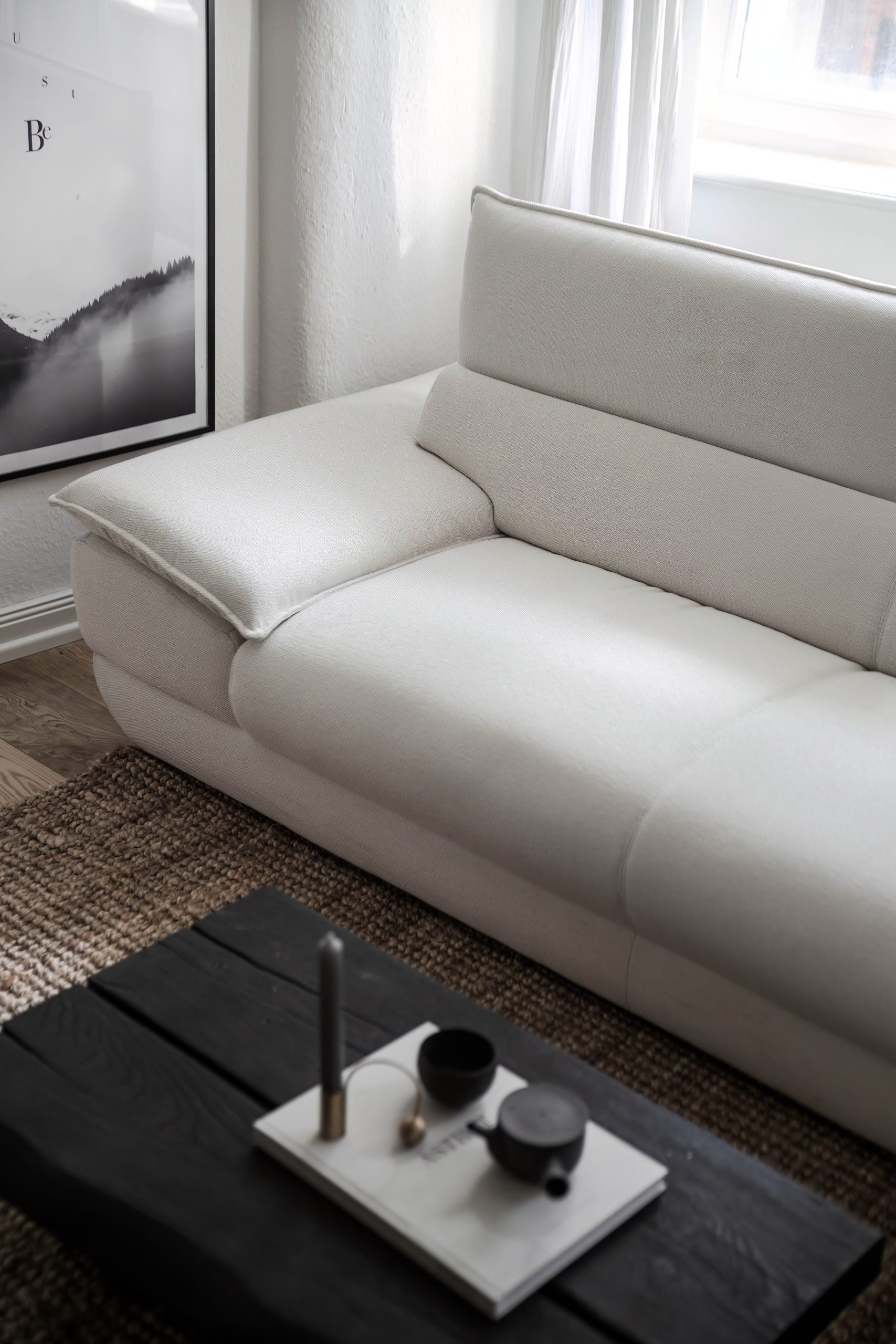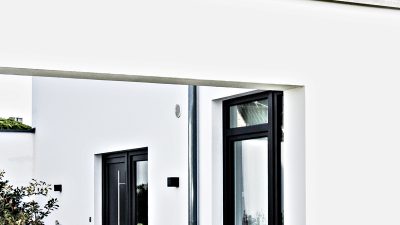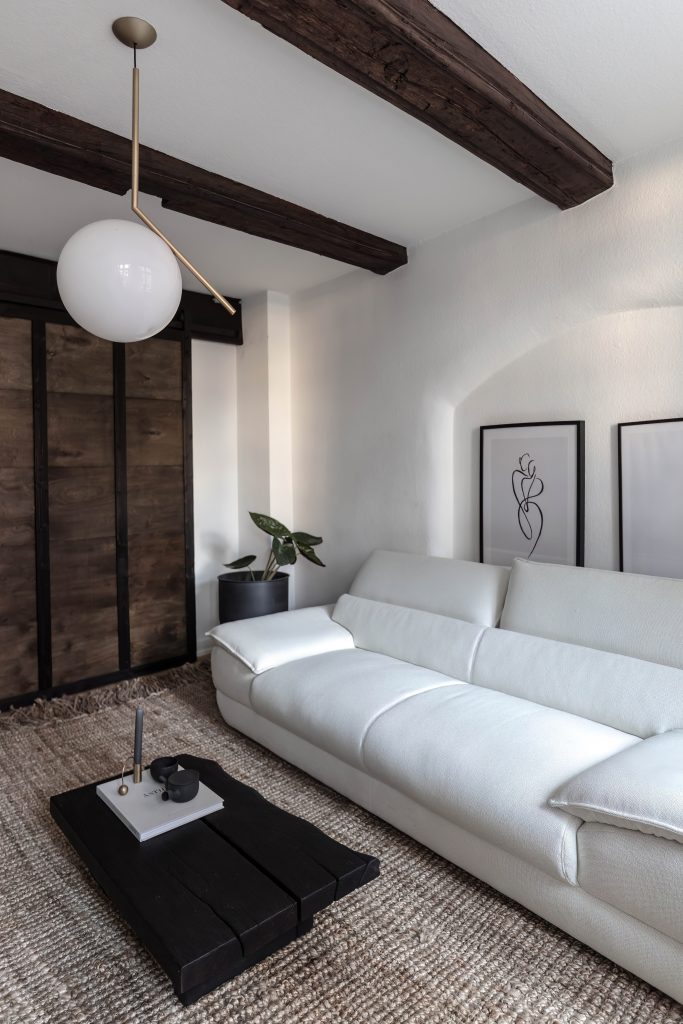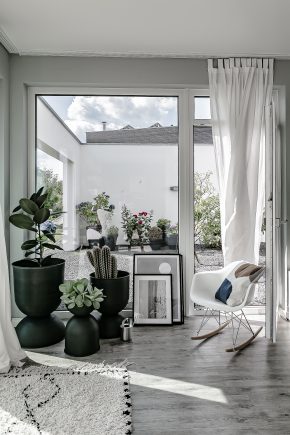The reward of Being Bold and mixing interior styles.
As an interior stylist and photographer, I am constantly on the lookout for unique ways to use the layout and style of spaces to their fullest potential. One thing I always encourage my clients to do is mix styles, as it can lead to unexpected and beautiful results. In this post, I want to share an example of a middle age houses I recently decorated, inspired by Japanese living and decoration.
This house in question was a beautiful old building with exposed ceiling bars and a lot of character. However, it also felt a bit dark and cluttered, with too many pieces of furniture and decorations competing for attention. I knew I wanted to bring more light and openness to the space, while also incorporating elements of Japanese design that would give it a unique and calming atmosphere.
The first step was to declutter and simplify the space as much as possible. I removed a lot of the furniture and decorations, leaving only the essentials. This allowed the natural beauty of the space to shine through, and also created more room for movement and light.
Next, I added a few key elements inspired by Japanese design. One of the most striking additions was a self-built sliding door, inspired from Japanese teahouses. I utilized the middle age massive wooden ceiling bars to attach the door to them. It also allowed me to section off the space into different areas, which created a more defined layout.
in addition to the self-built sliding door and other Japanese-inspired elements, I added a custom-made low tea table to the space. This table was inspired by traditional Japanese tea rituals, and it added a unique and functional element to the room. Its low height allowed for comfortable and relaxed seating around it, and it also added a sense of warmth and texture to the minimal space.
To balance out the traditional elements, I also added a white sculptural sofa to the room. This sofa was modern and sleek, and it provided a comfortable and stylish seating option. Its sculptural form also added visual interest to the space, creating a striking contrast with the more traditional elements like the sliding door and low tea table.
And as a fun bonus, I’m currently running a giveaway on Instagram for a chance to win this very sofa! If you follow me on Instagram, you can enter for a chance to win and bring a piece of this Japanese-inspired design into your own home.
One of the things I love about mixing styles is that it allows you to create a truly unique and personalized space. By combining elements of different design traditions, you can create a space that reflects your own personality and tastes, rather than just following the latest trends.
In this case, the mix of Japanese-inspired elements with the traditional architecture of the house created a truly stunning result. The space felt light, open, and calming, and it was a pleasure to spend time in. I hope this example inspires you to experiment with different styles in your own home, and to create a space that truly reflects who you are.
If you are feeling inspired by the example I shared in this blog post, and you would like some help in creating your own individual interior style that fits the architectural layout and style of your home, I would be happy to offer my support and consultation.
Als Interior Designerin und Fotografin bin ich ständig auf der Suche nach einzigartigen Möglichkeiten, Räume optimal zu nutzen und zu gestalten. Eine Sache, die ich meinen Kunden immer empfehle, ist, verschiedene Stile zu mischen, da dies zu unerwarteten und wunderschönen Ergebnissen führen kann. In diesem Beitrag möchte ich ein Beispiel für ein mittelalterliches Haus teilen, das ich kürzlich dekoriert habe und von japanischem Wohnen und Dekoration inspiriert war.
Dieses Haus war ein wunderschönes altes Gebäude mit freiliegenden Deckenbalken und viel Charakter. Es fühlte sich jedoch auch etwas dunkel und überladen an, mit zu vielen Möbeln und Dekorationen, die um Aufmerksamkeit konkurrierten. Ich wusste, dass ich mehr Licht und Offenheit in den Raum bringen wollte, und gleichzeitig Elemente der japanischen Gestaltung integrieren wollte, um eine einzigartige und beruhigende Atmosphäre zu schaffen.
Der erste Schritt bestand darin, den Raum so weit wie möglich zu entrümpeln und zu vereinfachen. Ich entfernte viele der Möbel und Dekorationen und ließ nur das Wesentliche zurück. Dies ließ die natürliche Schönheit des Raumes durchscheinen und schaffte auch mehr Platz für Bewegung und Licht.
Als nächstes fügte ich einige wichtige Elemente hinzu, die von der japanischen Gestaltung inspiriert waren. Eine der markantesten Ergänzungen war eine selbstgebaute Schiebetür, inspiriert von japanischen Teehäusern. Ich nutzte die mittelalterlichen massiven Holzdeckenbalken, um die Tür daran zu befestigen. Es ermöglichte mir auch, den Raum in verschiedene Bereiche zu unterteilen, was eine klarere Raumaufteilung schuf.
Zusätzlich zur selbstgebauten Schiebetür und anderen japanischen Elementen fügte ich einen maßgefertigten niedrigen Teetisch hinzu. Dieser Tisch war von traditionellen japanischen Teezeremonien inspiriert und fügte dem Raum ein einzigartiges und funktionales Element hinzu. Seine niedrige Höhe erlaubte bequemes und entspanntes Sitzen um ihn herum und fügte auch eine warme und texturierte Note zu dem minimalen Raum hinzu.
Um die Minimalist Elemente auszugleichen, fügte ich auch ein weißes skulpturales Sofa hinzu. Dieses Sofa war modern und elegant und bot eine bequeme und stilvolle Sitzoption. Seine skulpturale Form fügte auch visuelles Interesse zum Raum hinzu, schuf einen auffälligen Kontrast zu den japanischen Elementen wie der Schiebetür und dem niedrigen Teetisch.
Und als lustiger Bonus veranstalte ich derzeit auf Instagram ein Gewinnspiel, bei dem man die Chance hat, genau dieses Sofa zu gewinnen! Wenn Sie mir auf Instagram folgen, können Sie teilnehmen und ein Stück dieses inspirierten Designs in Ihr Zuhause bringen.
Eine der Dinge, die ich am Mischen von Stilen liebe, ist, dass es Ihnen ermöglicht, einen wirklich einzigartigen und personalisierten Raum zu schaffen. Durch die Kombination von Elementen unterschiedlicher Designtradition
Wenn Sie sich von dem Beispiel, das ich in diesem Blog-Beitrag geteilt habe, inspiriert fühlen und Hilfe bei der Schaffung Ihres eigenen individuellen Einrichtungsstils benötigen, der zur architektonischen Gestaltung und zum Stil Ihres Hauses passt, würde ich mich freuen, meine Unterstützung und Beratung anzubieten.




















